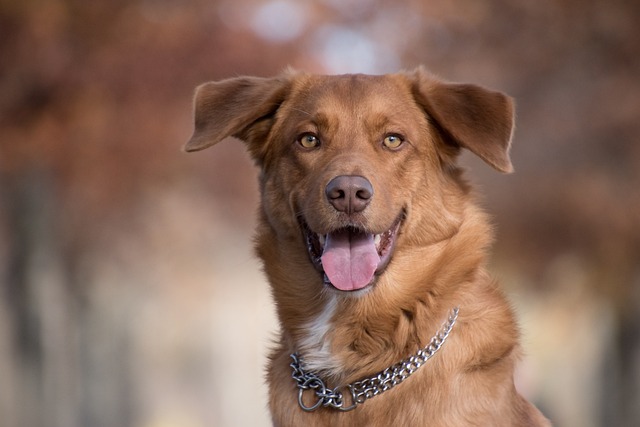
How to prevent dogs from engaging in aggressive behavior towards humans
When a gentle dog suddenly bares its teeth at a passerby or emits a warning growl when a family member approaches,
When you happily reach out to hug your dear dog, but suddenly it bares its teeth, growls, or even bites you; or when a child in the family approaches to play and the dog suddenly makes an aggressive move, the shock and worry at that moment grip the owner's heart tightly. A dog's biting behavior is a thorny problem faced by many pet-owning families. It not only threatens the safety of family members and others but also makes the owner feel self-blame and anxiety. Every dog is a treasure in the owner's heart. In the face of their biting behavior, we should not simply scold or punish them. Instead, with understanding as the premise, we should use professional methods and warm love to help the dog get rid of this dangerous habit.
To correct a dog's biting behavior, we first need to deeply explore the reasons behind it. From the nature of dogs, when they are puppies, they interact and play with their companions through behaviors such as nibbling and pouncing, which is a way for them to explore the world and learn social rules. However, if a puppy is not properly guided during its growth, it may continue this behavior into adulthood. For example, when the owner teases a puppy with their hand and the puppy nibbles on the hand as a toy, if the owner doesn't stop it in time but instead finds it interesting and continues the interaction, the puppy will mistakenly think that this behavior is allowed. As it grows older and its biting force increases, this behavior may pose a danger.
Fear and defense are also common causes of a dog's biting behavior. When a dog feels that its safety is threatened, it will instinctively act aggressively. There was once a stray dog that was abandoned. After being adopted, it was full of fear of the strange environment. Whenever someone approaches suddenly, it will immediately show its teeth, growl warningly, and even try to bite. In addition, some dogs may have been abused or frightened by humans in their past experiences, causing them to fear and distrust humans. Once they feel threatened, they will bite to protect themselves.
Pain and illness can also make a dog irritable and prone to biting. When a dog is unwell, such as having toothache or arthritis, being touched on the painful area will make them suffer. At this time, if someone approaches unintentionally, the dog may bite because of the pain. For example, an elderly dog has severe arthritis. When the owner tries to pick it up, it may suddenly bite the owner's hand due to the unbearable joint pain, with pain and resistance in its eyes.
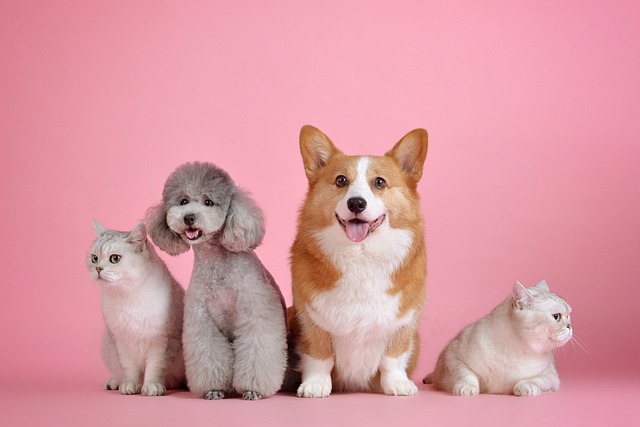
After understanding the reasons, targeted training and guidance are particularly important. For puppies that are in the teething stage or show hand-biting behavior during play, the owner should react immediately. When the puppy bites the hand, make a loud and sharp "ah" or "no" sound, and quickly withdraw the hand to let the puppy know that this behavior causes pain to the owner and is not allowed. Then, provide the puppy with suitable teething toys, such as rubber chew toys and teething sticks, and guide it to vent its chewing desire on the toys. Every time the puppy plays with the toys correctly, the owner should give praise and rewards in a timely manner, such as gentle strokes, words of praise, and delicious snacks to strengthen its correct behavior.
For dogs that bite out of fear and defense, the owner should give enough patience and a sense of security. Don't force the dog to contact strangers but help it adapt to the environment step by step. You can start by letting the dog get familiar with the owner's smell and voice, talk to it in a gentle tone, and hold the food in your hand during feeding to gradually make the dog let down its guard. When the dog shows a relaxed state, slowly increase the opportunities for it to contact strangers. For example, invite familiar friends to greet the dog from a distance and feed it snacks to make the dog associate strangers with positive experiences and gradually eliminate the fear.
If a dog bites because of physical discomfort, the owner should take it to a pet hospital for examination and treatment in a timely manner. During the dog's illness, pay special attention to avoiding excessive touching of its painful area and give more care and company. When the dog recovers from the illness, the biting behavior caused by pain will also decrease.
During the training process, positive reinforcement is always the most effective method. When a dog can stay calm and not show aggressive behavior in situations that may trigger biting, the owner should immediately give rewards to let the dog know that quiet and friendly behavior will be recognized and rewarded. In addition, socialization training is essential. Let the dog have more contact with different people and animals from an early age and participate in pet social activities to learn the correct way of socializing, which helps to reduce the biting behavior caused by not adapting to the external environment.
Training a dog to suppress its biting behavior is a challenging but meaningful journey. Every progress of the dog reflects the owner's hard work and love. When you see a once aggressive dog being able to get along gently with family members and friends and wag its tail warmly to welcome every kind approach, all the efforts will turn into the sweetest rewards. In the days of accompanying the dog, we should not only be its owner but also its guide and guardian. With professionalism and love, we can help it grow into a better partner and jointly write a warm and beautiful chapter of life.

When a gentle dog suddenly bares its teeth at a passerby or emits a warning growl when a family member approaches,
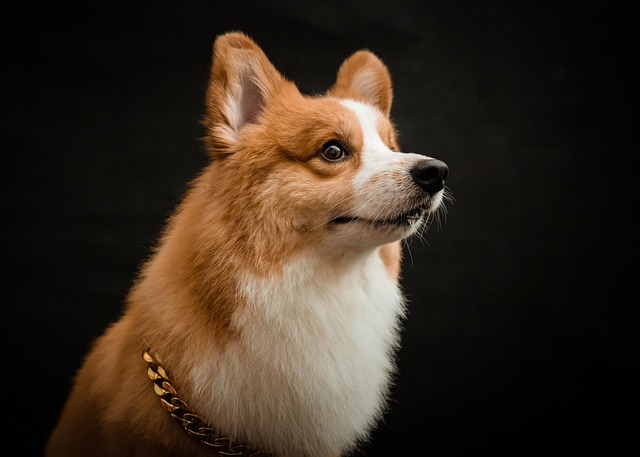
When the owner is looking forward to the dog sleeping peacefully in the airline box, but the dog whimpers, scratches, or avoids the airline box, every pet owner feels helpless and distressed.
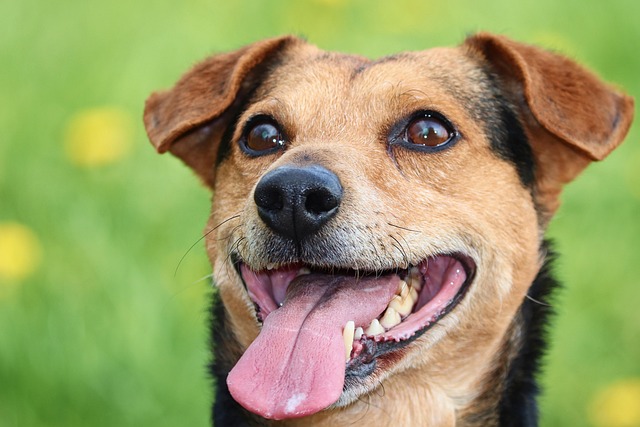
When you finish a busy day and open the door, the dog rushes towards you like a small cannonball, jumps up enthusiastically and pounces on you.

When you carefully pick up the nail clippers and approach the dog, it suddenly bares its teeth, growls, and even tries to struggle and bite you.
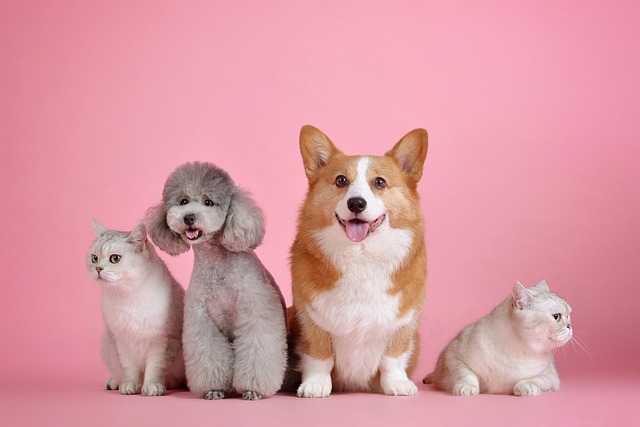
When you happily reach out to hug your dear dog, but suddenly it bares its teeth, growls, or even bites you; or when a child in the family approaches to play
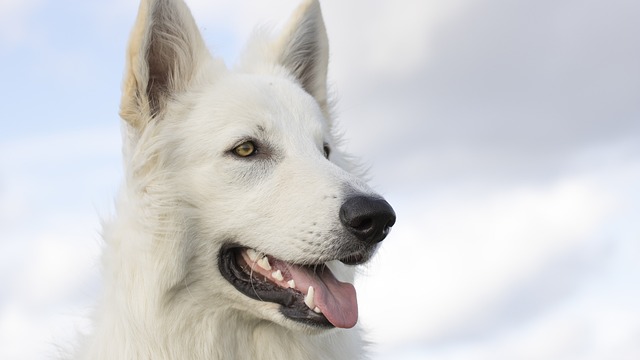
When you get up in the morning and see the "masterpiece" of the dog on the floor, or when you get home from work and are greeted by the pungent odor and the messy scene,